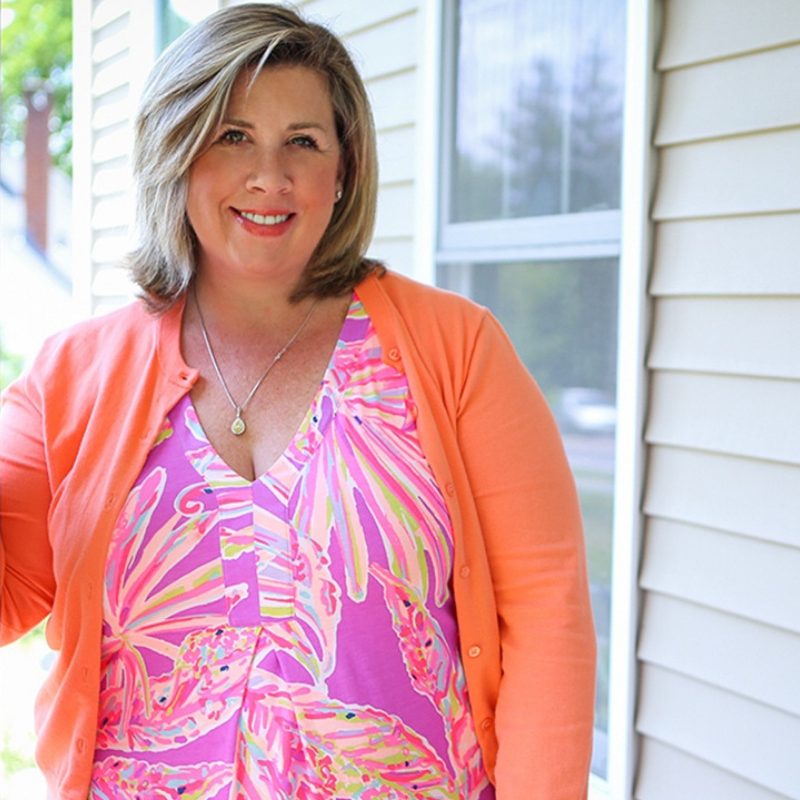You have to take the long view with kids and socialisation. It's not just about whether our children survive the day without suffering social bruises or inflicting them. When we look at children, we need the end-goal in mind. Our goal is that years from now social skills will have carried them through to make the most of their potential in their personal lives, their work, and their own sense of belonging in the world.
Our job as parents is to prepare our children to survive and thrive in life. Social skill problems travel with children into adolescence, when they predictably worsen, and then into adulthood, where they can isolate them socially, and keep them from getting jobs, pursuing dreams, or attaining relationships. Like tying shoes or learning to read, eventually social skills become second nature, if you start early.
Behaviours everyone needs to be socially successful
1. Manage your emotions
The ability to realise when you are experiencing 'big emotions' and adapt, rather than expecting everyone to change for you. You need to be able to respond to disappointment and have coping techniques to respond to flooding emotions without becoming overwhelmed.
2. Read the room
What's the prevailing vibe or emotional tone? Is there an activity or conversation under way? What do you need to do to adjust your energy level, tone, or expectations to match the setting? What would others expect of you in this setting?
3. Meet people halfway
Introduce yourself, start a conversation, or answer a question when you're asked. Even just a smile can be enough to signal to another person that you're sociable and open for business. Sometimes halfway means physically stepping forwards to be social rather than hanging back on the edges, or just staying home.
4. Understand social cues and be ready to change your behaviour
This involves reading people's facial expressions and body language, and being aware of your own. Verbal cues might seem easier, but they require that you pay attention to what others are saying, which can be challenging if you routinely tune out or prefer to stay tuned into your own thoughts.
5. See things through someone else's eyes
To understand someone else's perspective means to understand, to some degree, their motives and reactions. This includes their reactions to you. You need to understand that every behaviour and action you take makes an impression on others, and they operate and react to you with those thoughts in mind.
6. Be flexible and adaptive
Accept that you are not always right. Understand that part of your social role is to compromise, and recognise that at times it's appropriate to place friendship or the larger group ahead of being right. Know when to drop the debate and accept no for an answer.
7. Know your audience and adapt your communication
For a five-year-old this means filtering what is public and private information and learning not to insult teachers and friends by saying thoughtless things that hurt feelings or ruffle feathers, like "Your dress makes you look fat," or "My mum says you are lazy." A ten-year-old needs to be able to anticipate or predict what friends want to hear about, what they find interesting, and what they would like to talk about. You may also need to adapt your tone, stories, and other information you choose to share, depending on the age and interests of those around you.
Caroline Maguire is the author of Why Will No One Play With Me? The Play Better Plan to Help Kids Make Friends and Thrive

